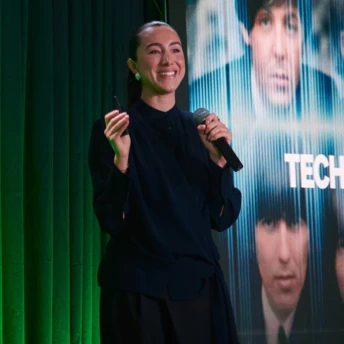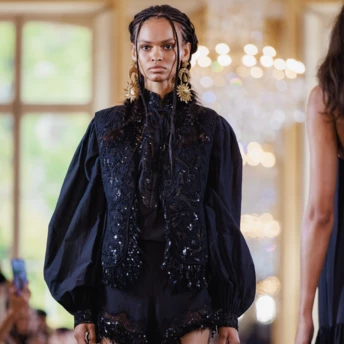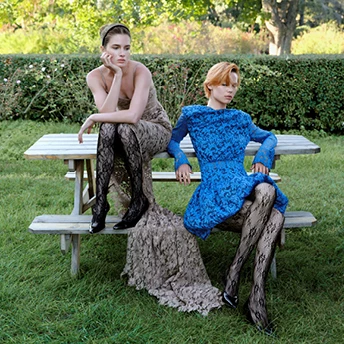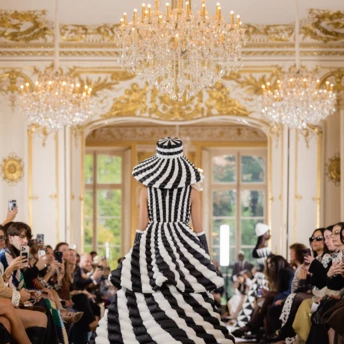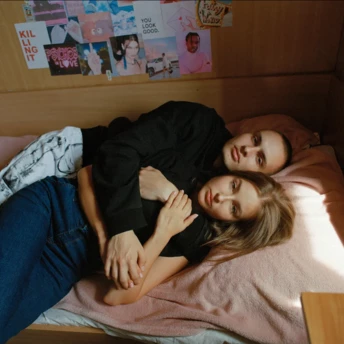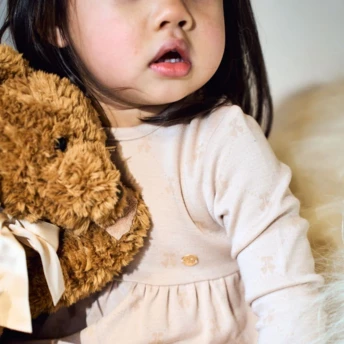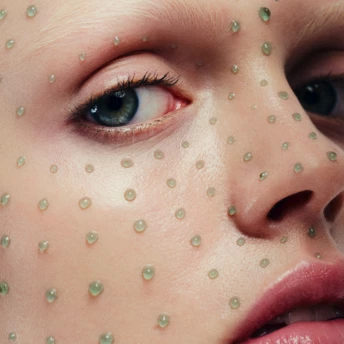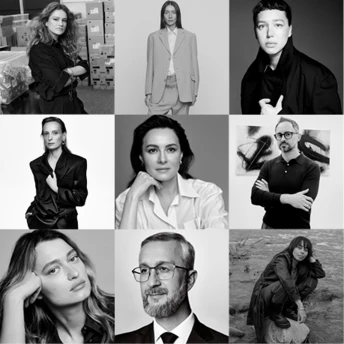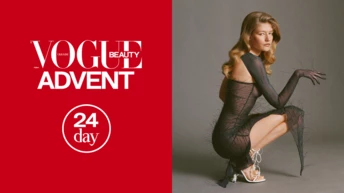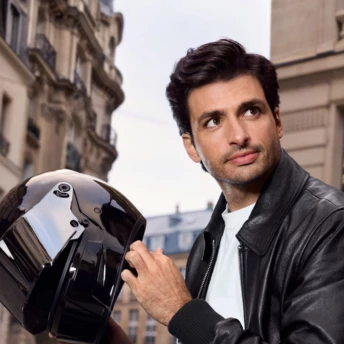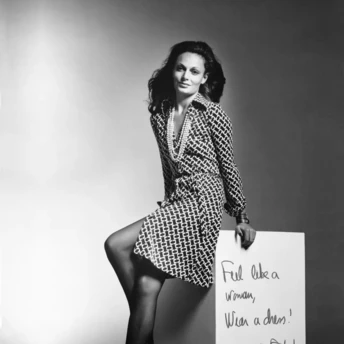Women of Steel: Natalya, the Wife of a Prisoner of War, on Why Waiting Means Fighting
The bravest Ukrainian women — mothers and wives of prisoners of war — talk about what motivates them to fight.
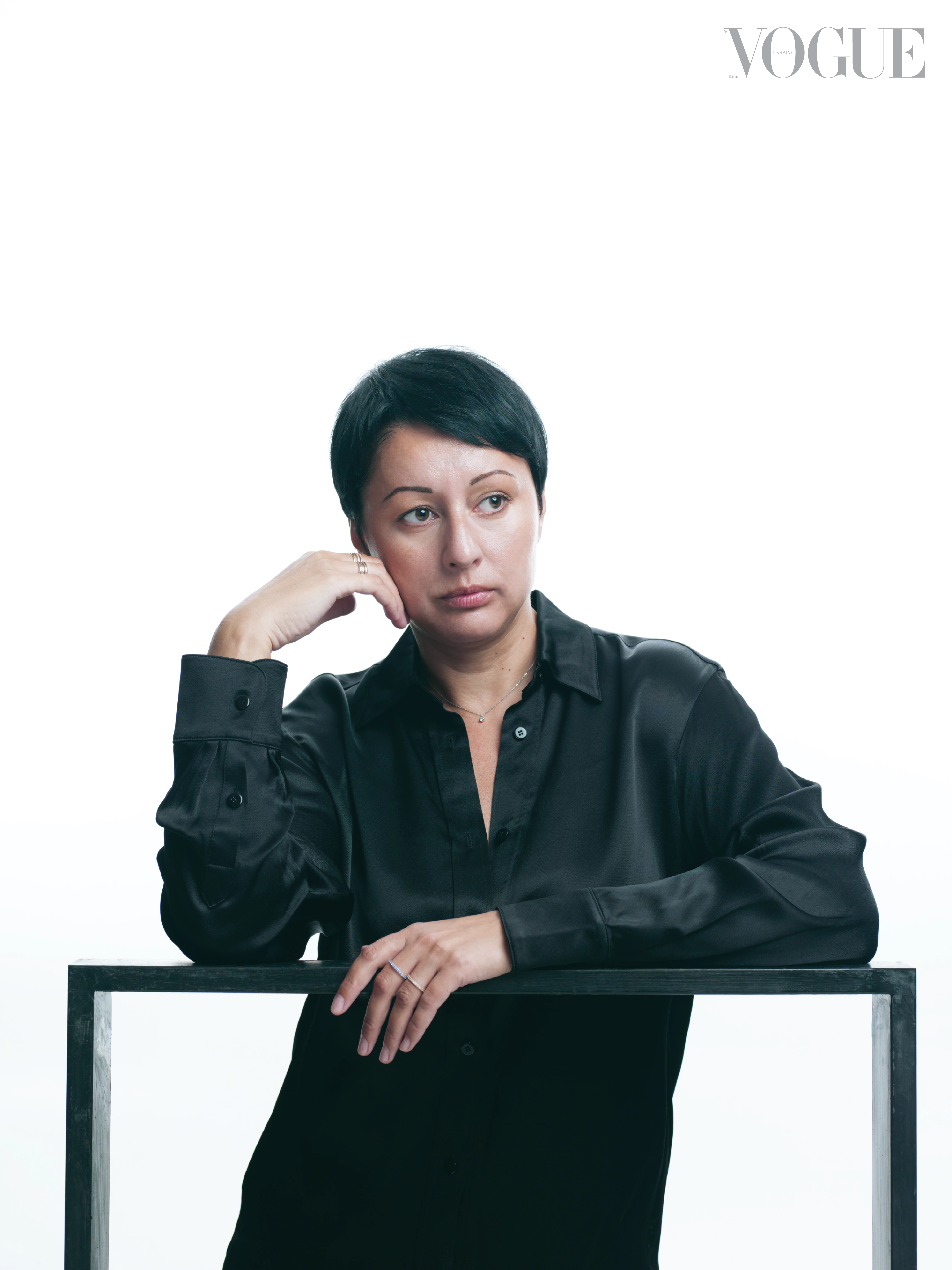
The third heroine of the project, which we are implementing together with the non-governmental organization "Heart of Azovstal," which is part of Rinat Akhmetov's military initiative "Steel Front," is Natalya from Mariupol, the wife of a soldier of the National Guard of Ukraine, who defended Mariupol and has been in captivity for the past 16 months.
Natalya saw her husband for the last time on the night of February 23-24, 2022. "He came home at 10 p.m. and said to me: ‘I'm going to get some sleep while you pack things.’ I said, ‘I've long since packed everything.’" At night, around 3:30 a.m., Oleksandr was called to duty. А family friend helped Natalya and her son leave the city at nine in the morning. Today, Natalya and her son Timur live in Kyiv and are certain that waiting means fighting above all.
We recorded Natalya's story.
"When we were leaving Mariupol, I thought: this is probably for a long time."
Timur, my younger son, and I left Mariupol on February 24 at nine o'clock in the morning (Natalya and Oleksandr's older son is studying in Kharkiv. — Ed.). I remember thinking at the time: this is probably for a long time. And I took a light jacket with me to wear in the spring when it gets warmer.
I knew it would be a long time because the war started for our family in 2014. Even then, we felt what it was like. It was immediately clear that it wasn’t just ‘run and gun’ — it was a real war. At that time, we already had two children: the older was at school, and the younger was only two. I knew I had to take my children and leave the town because it was clear that the enemy would hunt down the soldiers' families.
My sons and I hid in different places for about a week, going from one friend to another —and then my husband said it was better to leave the city. We only returned in the fall, after the liberation. But since then, it was never quiet in Mariupol: the fighting on the demarcation line continued. There was a lull for a while, but then it started again. We heard and saw everything. And the people who lived not far from the demarcation line felt all the hell.
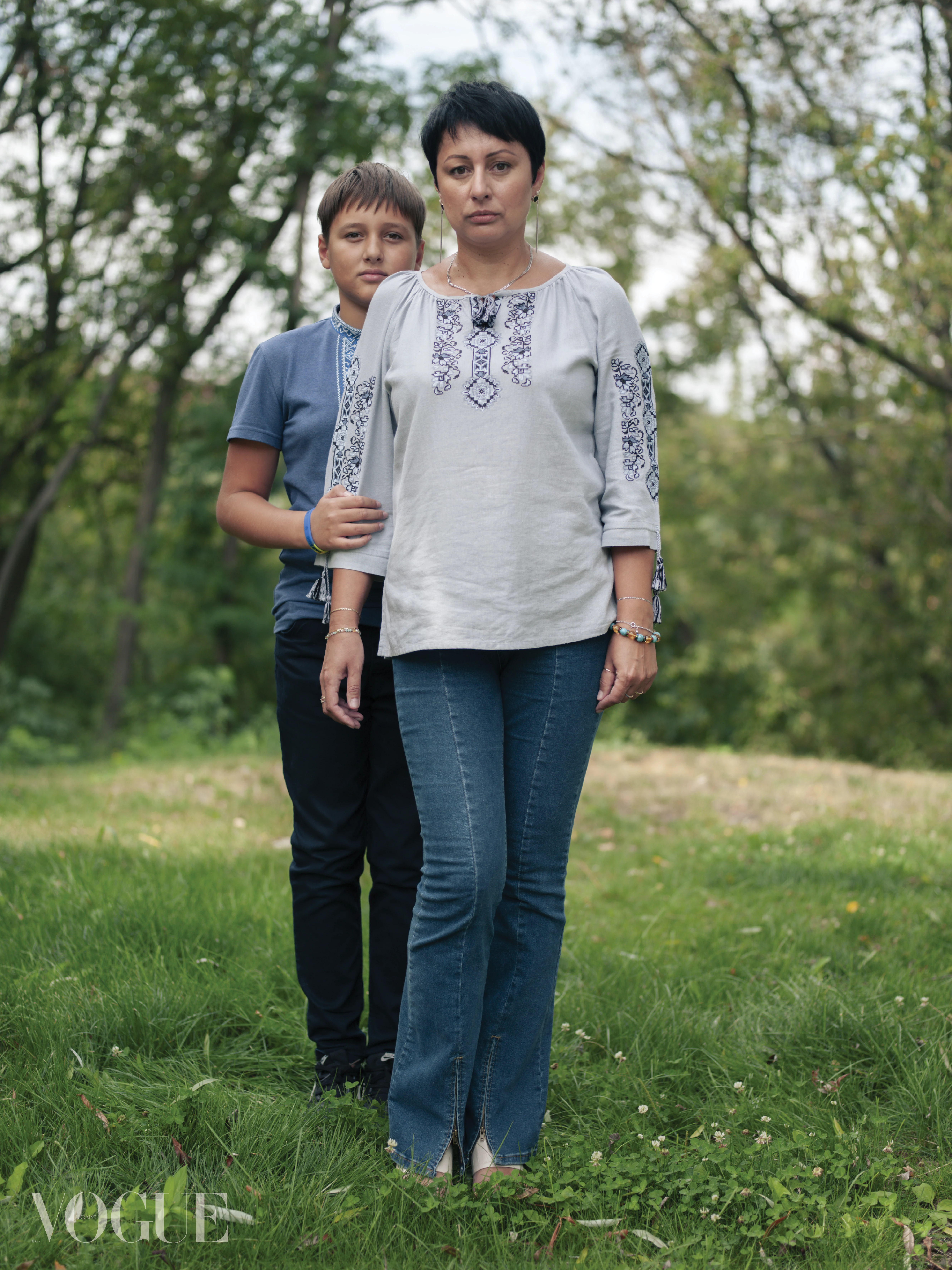
The last time my husband and I saw each other was on the night of February 23-24. He got a call from his commandment at 3:30 a.m. and left. I didn't know when he would be back. We've been together for 28 years, and I know exactly what it means to be a soldier— he went to defend his country. It was 2014 all over: I knew I had to leave and save our children. My husband just said: "Matvii will come and get you." Matvii is his friend who was in Dnipro at the time but was able to come to Mariupol and pick us up. He took us to his family in Dnipro, saving our lives.
"My husband said Mariupol is being wiped off the face of the earth."
My husband never panics, but he never lies either. When he arrived at Azovstal, I kept asking, "What's up with you? What's going on?" because we all watched the news, but I don't think he wanted to hear that from me.
He wanted to take his mind off the horror he was experiencing, so he asked how we were instead. He kept asking: how are you, where are you, where are you going, how are you doing? I wanted to describe every moment of our lives to him. He said, "Please text me, send photos, and I’ll check it all when the cell signal is up." He also forwarded text messages to other families because it wasn't possible for every soldier to get in touch with their family. I later found out that many military families received messages about their loved ones through my husband's number. He was a kind of thread that connected the families.
We rarely talked about Mariupol. Once, my husband said: "Mariupol is being wiped off the face of the earth." And there was no need to say anything else — everything was clear. Do you know what else he said? They were ‘razed to the ground’ and ‘ironed out’. A single sentence, a single phrase, literally expressed all the horror he saw in front of his eyes.
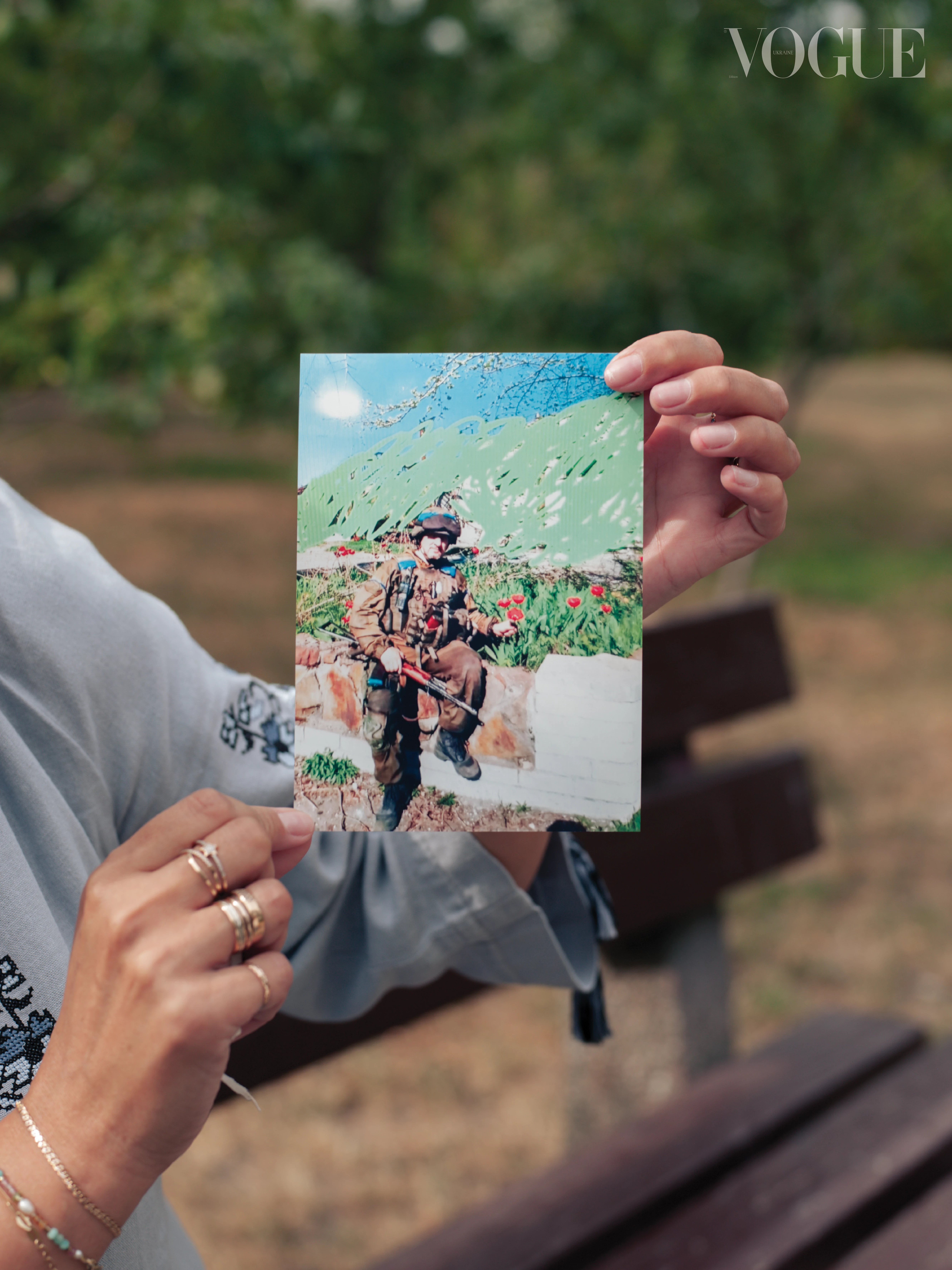
Whenever I asked him how he was, he always replied: "We're hanging in there." I asked if there was enough food or water, and he said, "We eat once a day, so we're fine." Like all military men, he never told us too much, so we didn't worry. I found out most of the details later from those close to him. For example, there was a military surgeon in Azovstal and then in captivity in Olenivka, who was recently exchanged in a prisoner swap. I learned from him in Kyiv about the terrible conditions in which they carried out operations on Azovstal and how they tried to save the wounded during the bombing. This surgeon has recently been awarded the title of Hero of Ukraine for his courage.
"Mom, let's go home. I don't care where, as long as it’s Ukraine."
I often say to my son: "Timur, now only we have each other: you are with me, I am with you." This is how we live: my older son is grown up and lives in Kharkiv, and his grandmother is alive and well, but unfortunately, she is not around.
After we fled Mariupol, Timur and I stayed in Denmark for five months. But at some point, my son said: "Mom, let's go home." I said: "Mariupol is occupied. We don't have a home." And he went: "But we have Ukraine." So he and I somehow agreed that our home is the whole of Ukraine. And we returned. We decided that we would wait here — I’d be waiting for my husband and he for his father. We have to be here, in our homeland, and do everything possible to see him as soon as possible.
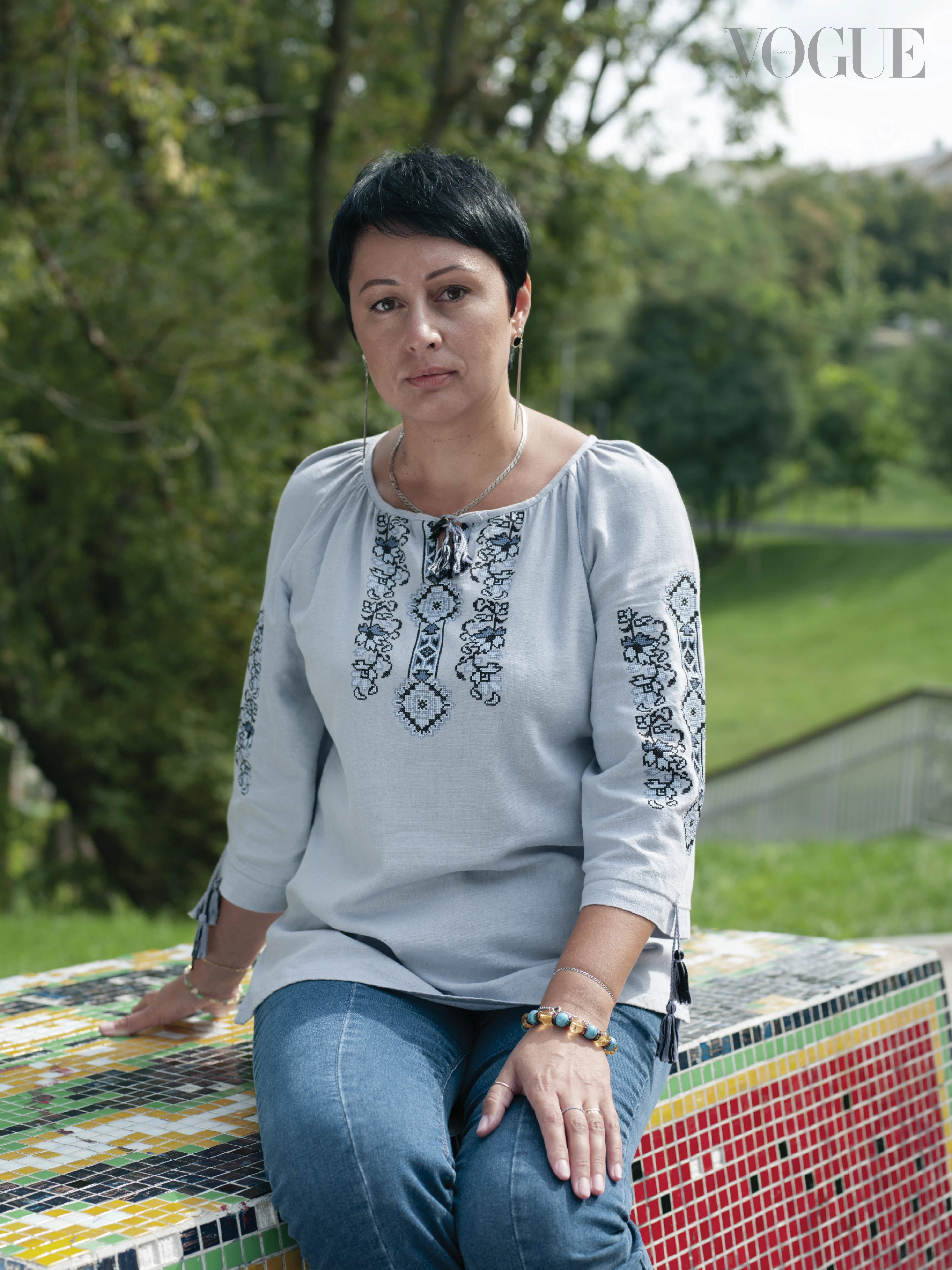
Today, our 12-year-old son is the main man in our family. He had to grow up even though he didn't want to. When we were abroad, Timur was sad, and at some point, he just wouldn't leave his room. I knew he needed support, and I texted my husband (Oleksandr was still at Azovstal at the time. — Ed.) and asked him to write a message to his son to awaken his fighting spirit. He wrote him one and asked him to copy it down in a notebook and keep it in front of him at all times. Oleksandr wrote that Timur was now my support and that his father was relying on him, that he must not let his father, the defender of Ukraine, down. For many months, Timur would read his father's message every night before going to bed, like a prayer. And then one day I asked him: "Did you read your father's message today?" and he said: "No, I don't read it anymore. I already know what it says by heart." Now I sometimes ask him: "Do you remember what it says?" and he says: "Yes, every single word."
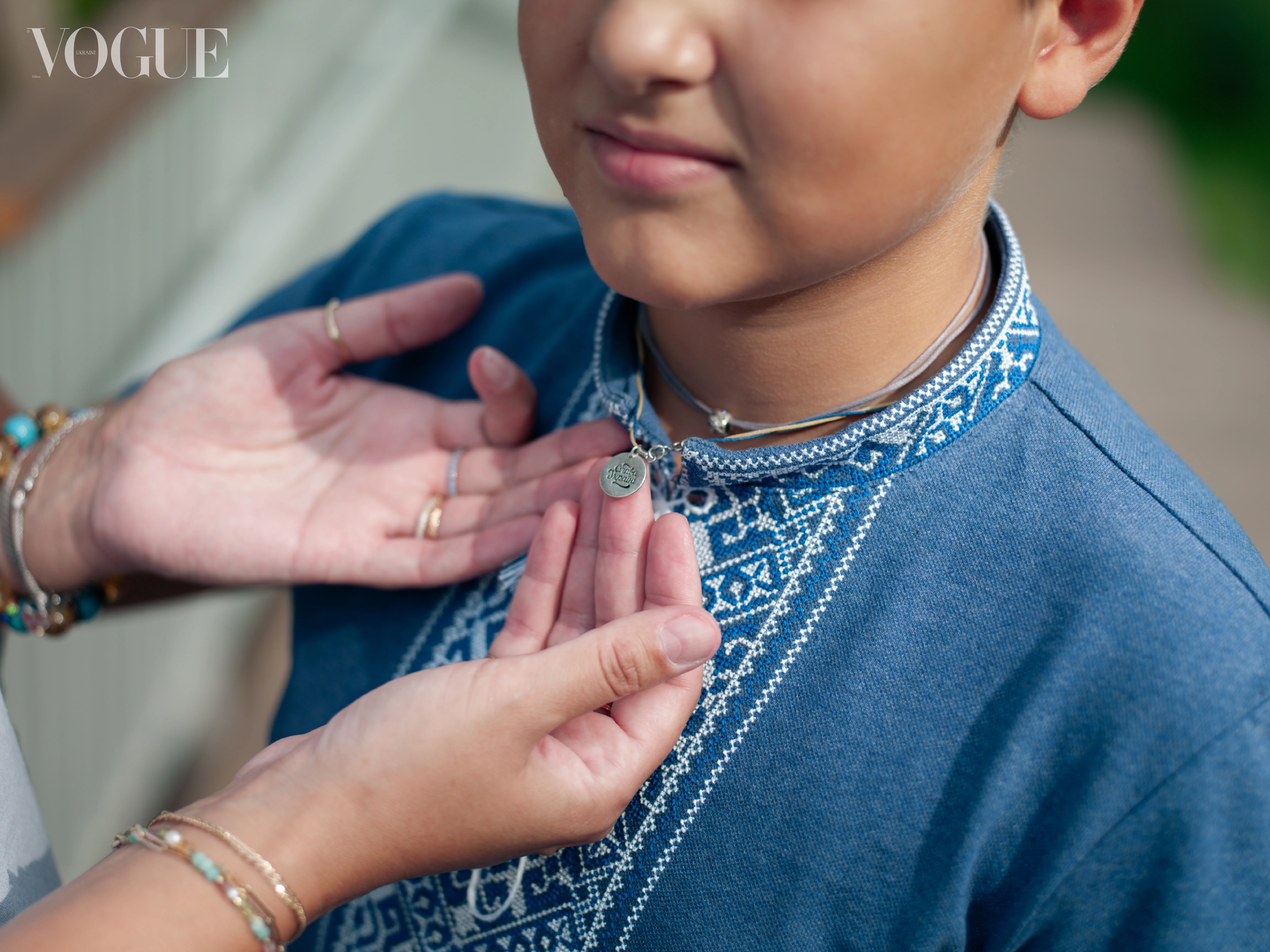
I'm glad that my husband, while he was in that hell, was able to find the cell signal and send that message to his son (Crying). Every father there in Azovstal would have loved to send a message to his son, but not everyone had such a chance.
"I have no right to sit back and do nothing. Waiting means fighting."
I'm a cosmetologist, but I'm not working now — I'm devoting all my time to my children and fighting for my husband's release. I don't want to be distracted from that. Yes, we are waiting — but waiting means fighting. We are in contact with the state authorities and the families of other prisoners of war all the time. I am also grateful to the charities and foundations that take care of us, of our health and mental state. For example, Heart of Azovstal runs wellness camps for families of POWs and is always ready to help with information — to explain what to do; what documents to prepare in order to send something to someone. That is very important. We even have an insider rule: if you have received any information about loved ones, help other families.
Where do I get my strength from? It is the children. If you have a child, you have no right to sit back and do nothing. You always have to be in shape, support children, and teach them. And we, the families of prisoners of war, really want our loved ones, when they return from captivity, to see us as we were before the all-out war. It is essential that the men and women who return from captivity know that life goes on, that the sun is shining, and that someone still waits for them. They recover very quickly when they see that their loved ones are doing alright. That's why when we, the families of POWs, talk to each other, we always say, "They don't need us sick." (Laughs). They need attention and warmth, so sometimes I say, "We don't even have the right to get sick."
Military families live in combat mode because our entire schedule is aligned with the service of our loved ones. And now that our loved ones are in captivity, we feel like we are living their lives: we feel what they feel. Sometimes I have a headache. I take a pill, and it's all gone, but then I think about my husband: "And how is he doing? What if he is injured? Is he ill? Does his heart ache?" I can go to the pharmacy and buy the best medicine, but what about him? What if he gets kicked in his head or stun-gunned? I seem to feel everything he feels, and I know I will until he returns.
My son and I have a dream. We have decided that when his father returns, Timur and I will show him our Kyiv: all our favorite places, all the parks, and the beautiful streets. We want to share all the joy of this city with our father, who has supported us so much in the most challenging moments. I believe that will happen soon.
About the non-governmental organization "Heart of Azovstal"
Heart of Azovstal is a project that provides comprehensive support to the defenders of Mariupol who defended the city from February 24 to May 20, 2022. Heart of Azovstal is part of Rinat Akhmetov's military initiative, Steel Front, which supports the Ukrainian military.
Text: Daria Slobodianyk
Video: Yulia Dahl
Photo: Vic Bakin
Make-up and hair: Dima Grushkivskiy

